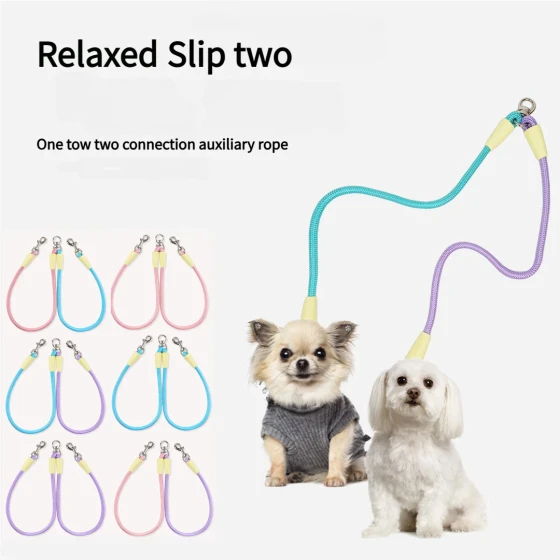Dog's Requirements for Vitamin Intake

Schnauzer (detailed introduction)
Vitamins are a class of trace organic substances essential for dogs to maintain normal physiological functions. For dogs, most vitamins must be obtained from food. Although vitamins neither participate in cell formation nor provide energy for dogs, they play an extremely important role in their growth, metabolism, and development.
In fact, dogs' vitamin requirements are very small; their daily vitamin intake is calculated in micrograms. However, long-term vitamin deficiency can cause some specific deficiency diseases in dogs, and severe cases may even lead to death. There are many reasons for vitamin deficiency in dogs, the main reason being that dogs cannot obtain enough vitamins from their food. To avoid this, owners should pay attention to nutritional balance when preparing dog food. Moreover, if a dog suffers from digestive diseases, it will have difficulty absorbing and utilizing vitamins. Owners should take their dogs to a veterinary hospital immediately for treatment. During special periods (pregnancy, lactation, recovering from serious illness), owners should also appropriately increase vitamin supplementation for their dogs.
The essential vitamins that dogs must supplement daily include the following:
Vitamin A
10 International Units
Mostly found in animal liver and green vegetables; a lack of vitamin A causes night blindness.
Vitamin D
2 International Units
Fat-soluble vitamin, also known as anti-rickets vitamin, mostly found in egg yolk, dairy products, and cod liver oil.
Vitamin B1
5 Micrograms
Water-soluble vitamin, mostly found in yeast, grains, animal liver, soybeans, and meat products.
Vitamin B2
5 Micrograms
Water-soluble vitamin, mostly found in yeast, animal liver, vegetables, and eggs; deficiency causes various oral diseases in dogs.
Folic Acid
1 Microgram
Also called vitamin M, vitamin Bc, vitamin B9, water-soluble vitamin mostly found in leafy vegetables and animal liver.
Dogs can synthesize vitamin C and vitamin K by themselves, so owners do not need to specifically supplement these two vitamins. If supplementation is desired, you can give your dog more fresh vegetables, fruits, or a small amount of animal liver.



